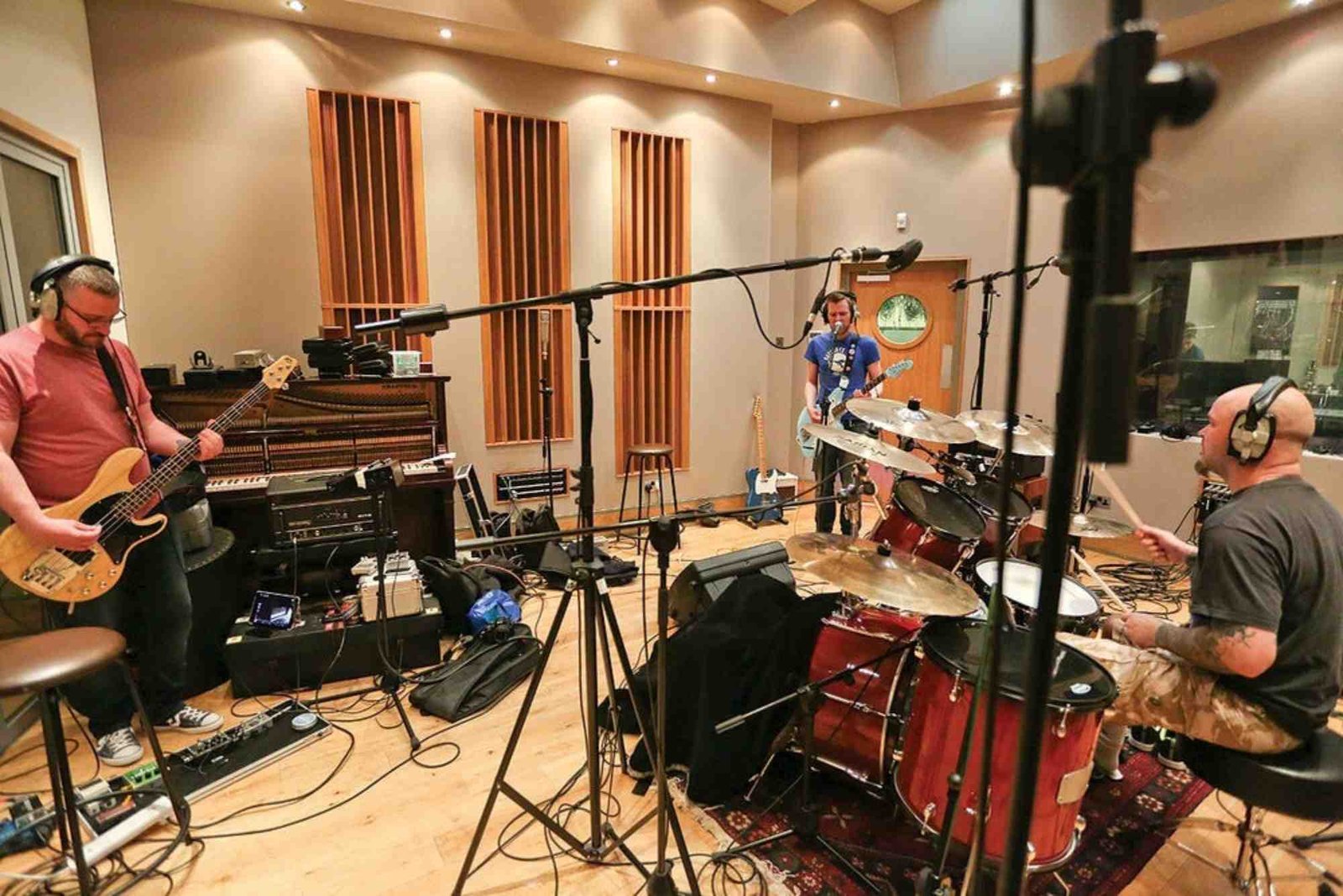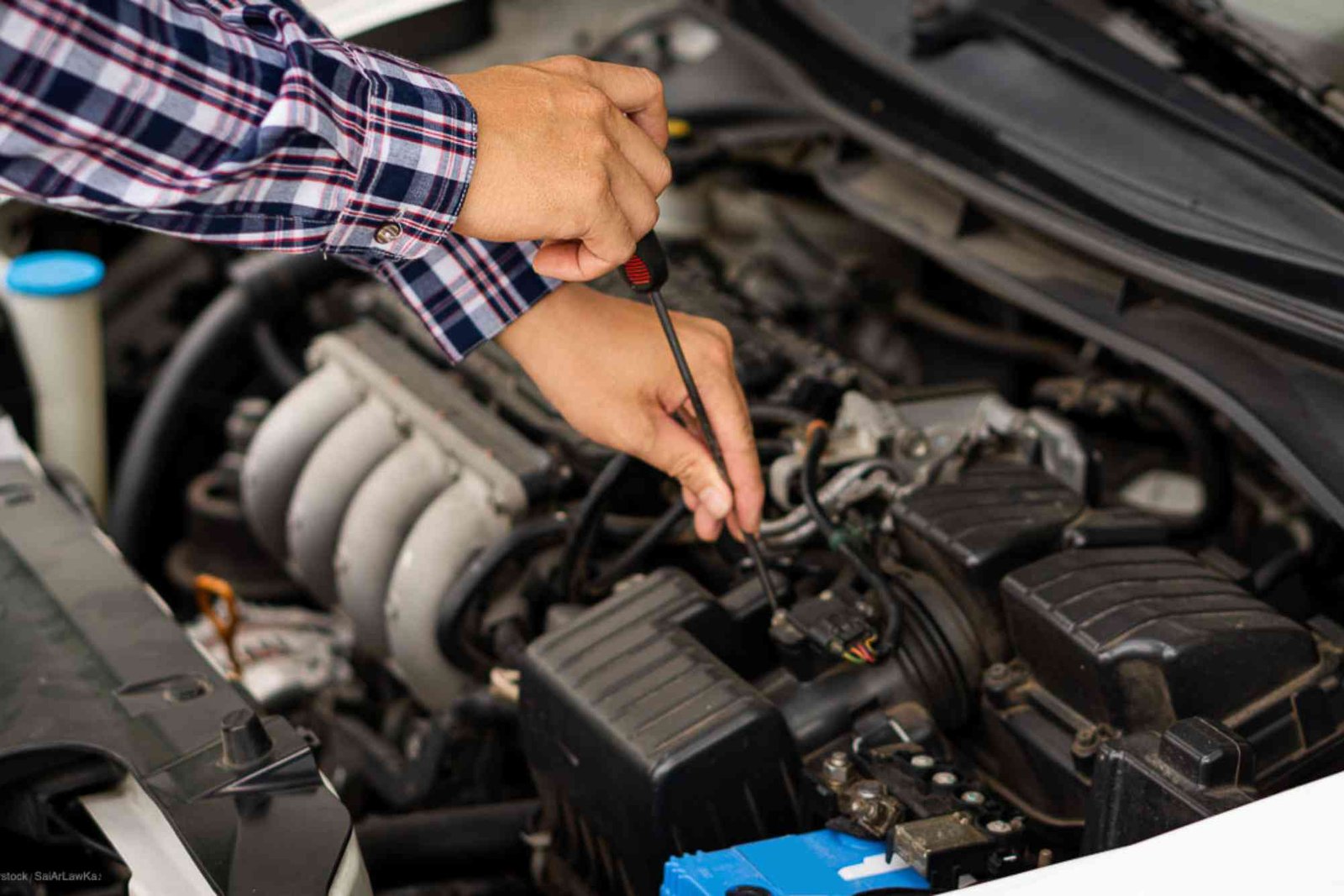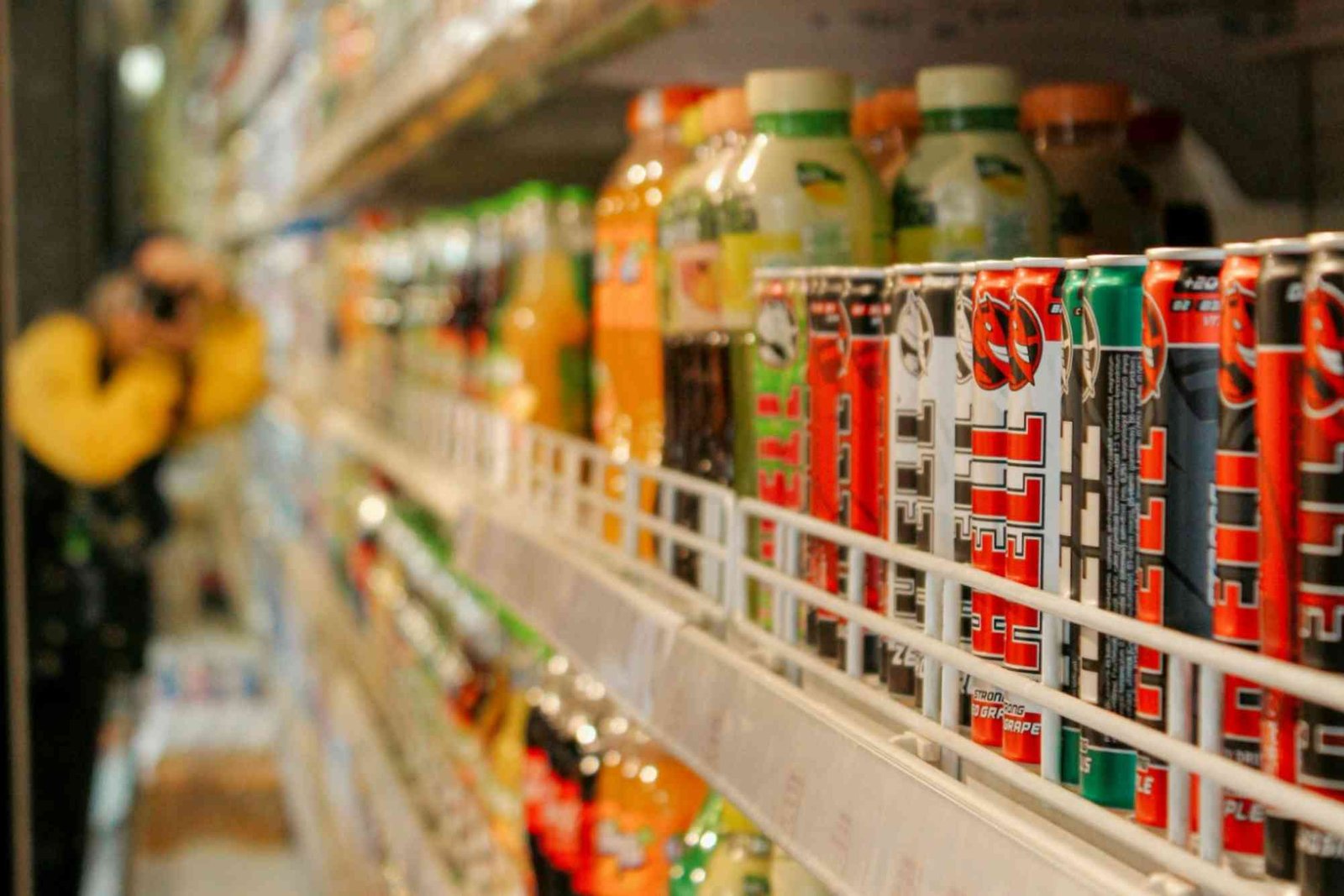electric mobility accelerates, many drivers wonder: Will diesel cars face a ban in India? Growing environmental concerns, changing government policies, and rising fuel technology have started reshaping the automotive landscape. Understanding where diesel vehicles stand today helps clarify what lies ahead for buyers, owners, and businesses.
Understanding India’s Shift Away From Diesel
Diesel once dominated India’s passenger vehicle and commercial segments. It offered strong fuel economy, torque-heavy performance, and suitability for long-distance driving. However, the environmental cost became difficult to ignore. Major cities recorded dangerous pollution levels, and diesel emissions contributed significantly to particulate matter and nitrogen oxides.
Why Diesel Lost Popularity
The fall of diesel cars began long before any formal ban discussions. When BS6 norms arrived in 2020, many automakers discontinued small diesel engines due to high development costs. Petrol engines improved dramatically, hybrid technology matured, and electric vehicles entered mainstream conversation. Meanwhile, diesel engines became more expensive to manufacture and purchase.
Current Diesel Vehicle Trends
Today, diesel cars mostly survive in larger SUVs and commercial fleets. Urban buyers have shifted toward petrol and hybrid models, and government signals suggest ongoing preference for cleaner fuels. Still, diesel retains relevance in heavy-duty transport where electric alternatives remain limited.
Government Policy and Legal Landscape
National Green Tribunal and Supreme Court Directions
Regulatory pressure on diesel is not new. The National Green Tribunal previously banned diesel vehicles older than ten years in Delhi-NCR. Courts stressed the direct link between diesel emissions and air pollution. These actions created speculation that a nationwide ban might follow.
State-Level Restrictions
While no countrywide diesel ban exists, regional restrictions continue expanding. Some state governments have signaled long-term phase-out intentions for diesel buses and public transport. Several cities also plan zero-emission zones in coming years. These steps gradually reduce diesel dependency without enforcing an immediate blanket ban.
Possible Future Policy Directions
Many experts believe India may not impose a sudden ban. Instead, a gradual reduction strategy is more realistic. Policymakers aim for balanced mobility solutions, supporting electric adoption while protecting economic interests in transport and logistics. Diesel’s decline may arise from consumer behavior, market economics, and regulation together rather than a single prohibitive order.
Why Diesel Faces Long-Term Threats
Environmental Concerns
Diesel burns more efficiently but releases toxic pollutants. Smog, respiratory illness, and urban pollution crises pushed authorities to prioritize cleaner transport. With climate change commitments stronger than ever, India continues tightening emission norms.
Economic and Technology Shifts
Automakers must spend significantly to meet emission standards. Many phased out diesel options because demand no longer justified investment. Petrol-hybrid and electric drivetrains receive more funding due to future-proof potential.
Urban Mobility Transformation
Cities across India encourage electric vehicles, better public transport, and low-emission mobility. As charging networks grow and EV prices drop, diesel loses appeal among urban buyers.
Will Diesel Cars Be Banned in India?
Near-Term Outlook
Diesel cars are unlikely to face an immediate ban nationwide. Instead, expect targeted restrictions in polluted regions, age-based scrappage rules, and discouraging tax policies. Automakers may further reduce diesel offerings as consumer preferences evolve.
Long-Term Scenario
By 2030 and beyond, diesel could become rare in passenger segments, surviving mainly in commercial transport. Electric trucks and hydrogen fuel options may gradually replace heavy-duty diesel usage once technology matures and becomes cost-effective.
Impact on Car Buyers and Owners
Should Buyers Avoid Diesel?
A well-maintained diesel car still offers value for long-distance travelers and torque-demanding drivers. However, future resale value, maintenance costs under stricter rules, and urban restrictions must be considered. City-based users may find petrol or hybrid more practical.
Resale and Ownership Considerations
Age-based bans in certain cities affect resale prices. Owners should monitor vehicle lifespan rules and expected policy updates. Diesel remains viable but increasingly niche.
Best Use Cases That Still Favor Diesel
High-mileage highway users, logistics companies, and rural drivers continue benefiting from diesel efficiency. But even they will eventually transition once cleaner alternatives become economically superior.
How Automakers Are Responding
Manufacturers pivot toward petrol turbo, hybrid, CNG, and EV platforms. Diesel was once mainstream but now fits limited premium SUV and commercial categories. Investments clearly shift toward electrification, reflecting global mobility trends.
Future Mobility Path: Electric, Hybrid, and Beyond
India plans large-scale EV adoption supported by subsidies, charging infrastructure, and local battery manufacturing. Hybrid vehicles offer a bridge solution, combining efficiency with lower emissions. Hydrogen fuel cells may serve heavy commercial transport in the future.
Internal Resource Links for Further Reading
For broader automobile insights, explore trending automotive developments. Read more at Future of Diesel Cars in India: Will They Face a Ban? for continued updates on industry trends. Visit the Related Automobiles article to understand how evolving powertrains shape buying decisions.
FAQ: People Also Ask
Will diesel cars be banned in India?
No national ban exists. Regional restrictions and age-limit rules apply, particularly in polluted areas. A gradual phase-out appears more likely than a sudden ban.
How long will diesel cars be allowed in India?
Diesel cars can legally run while meeting registration rules. In Delhi-NCR, diesel vehicles older than ten years are banned, and similar policies may spread over time.
Is it worth buying a diesel car now?
Buyers planning long-distance use may benefit. City-focused users may prefer petrol or hybrid options due to future restriction risks and lower maintenance hassle.
What will replace diesel cars in India?
Electric vehicles and hybrid petrol models lead replacements. Hydrogen fuel and advanced biofuels may eventually support heavy-duty transport.
Are diesel cars losing value?
Diesel resale values decline in major metros due to policy pressure. However, rural and highway-heavy regions still show demand for reliable diesel vehicles.
What the Future Holds
The conversation about the future of diesel cars in India revolves around balancing sustainability, affordability, and practicality. Diesel is not disappearing overnight. Yet environmental demands and policy direction clearly signal a gradual shift toward cleaner mobility. Buyers must consider long-term viability, while businesses prepare for electrification and renewable energy-powered fleets.
Act now by exploring modern alternatives, Learn more planning future mobility needs, and staying informed. Evaluate whether diesel aligns with your driving patterns and local regulations. Stay future-ready and make informed choices as India moves toward a greener automotive future.








